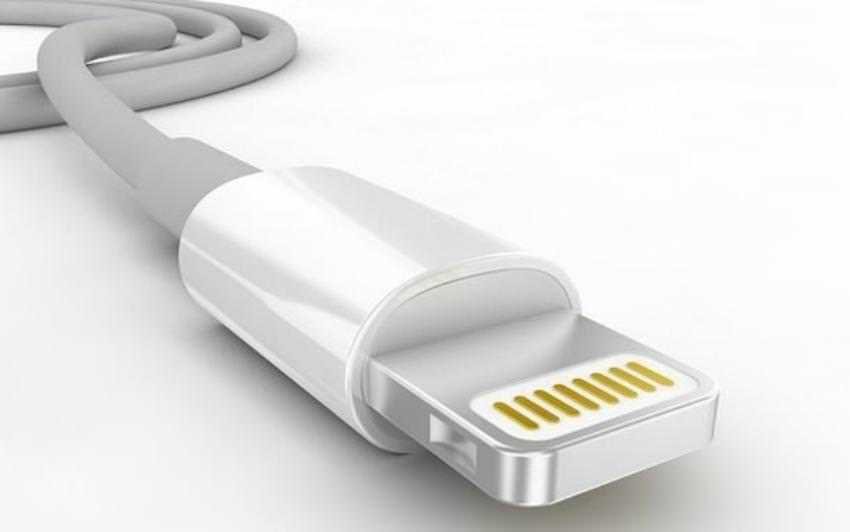Earlier this week, Wall Street Journal released one interesting publication which indicated that Apple could abandon the port lightning and replace it with a USB-C in the upcoming iPhone. As it turns out, the excitement of many is probably a little premature.
Apple's analyst, Ming-Chi Kuo, today reported on the rumors that have been released writing that all three iPhone models will continue to use the Lightning Gate. According to the analyst, Apple will probably introduce a series of internal changes to offer the ability to quickly charge the devices.
The analyst states that hardware tweaks will allow Apple to replicate some of the benefits of the USB Type-C port while still using Lightning. As 9to5Mac notes, it remains unclear if this rumor has anything to do with previous reports of wireless charging.
Kuo added that while a USB-C port is sure to have more capabilities than Lightning, the Cupertino has little or no incentive to make the switch. The analyst says that the two main reasons that Apple insists on Lightning are the licensing rights that it will have to pay for USB-C, as well as the small size of Lightning, which allows the company to "fit" it comfortably in a lot of small appliances.
Η Apple Lossless Audio CODEC (ALAC), will actually lose some licensing revenue by switching to USB-C which makes sense considering the money it will lose if it allows its customers to use the same cable for phones and laptops.
In any case, the chances of seeing a USB-C in device of Apple are very small and we will probably have to wait at least another year, until the company decides on some radical change in the design of the iPhone.





